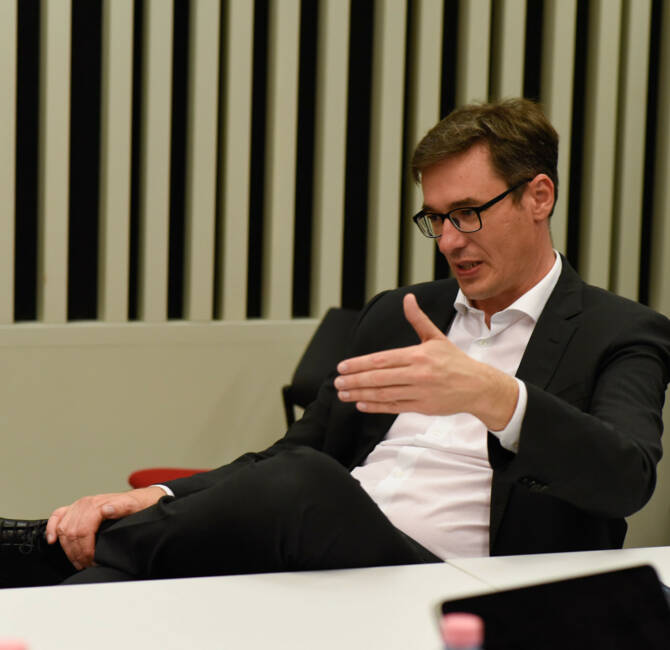Central Europe/European Union – Relations between the Visegrád Group (V4) countries and the European Union’s governing bodies are unlikely to improve in the near future. Besides the issues of non-European illegal immigrants, LGBT rights, and the rule of law, the Green Pact for Europe is also becoming a bone of contention.
Rationing crisis throughout Europe
Hungarian government spokesman Gergely Gulyás said on 21 October that Hungary rejects Brussels’ plans to tax homes and cars in the name of climate protection: “The most important topic at the EU summit in Brussels, which starts on Thursday, will be energy prices, because there is a kind of rationing crisis all over Europe due to the incredibly high energy costs, which are skyrocketing. (…)
The main reason for this situation, apart from world market prices, is that the European Commission is pursuing an ill-considered energy policy.
The greatest danger is that the Commission will pass on price increases to consumers, by taxing homes and cars. This is why
“the Visegrád countries will veto and reject Brussels’ proposal”,
Gulyás continued, pointing out that “the European Commission’s recent measures have contributed to the crisis, because
Brussels has forced a halt to traditional European energy production for the sake of climate protection, and it has liberalised the gas and electricity markets without transition […] when the signs of the crisis were already visible last year.
(…) The European Commission now wants to extend the EU Emissions Trading Scheme (ETS) to road transport, cars, public buildings and family homes, and to consumers as well.” Thus,
“Brussels would rather tax people’s homes and cars, instead of applying the ‘polluter pays’ principle and making multinational companies pay the cost of pollution.”
Orbán: Timmermans’ plans put democracy at risk
Gergely Gulyás’ statements are in line with those of Viktor Orbán who, on the same day in Brussels, declared that the projects of the European Commission and in particular of its vice-president, Frans Timmermans, ran the risk of destroying the European middle class, whereas “European democracy is based on the existence of the middle class (…)
European democracy is under threat from those who are driving up the price of electricity and gas. These plans must, therefore, be withdrawn and rethought … This must be stopped.
The Commission seemingly unable to grasp EU policies’ consequences
This view is also shared by the Czech Prime Minister Andrej Babiš, who will remain in office until a new government is formed following last October’s elections:
“I am convinced that Europe – the European Commission – is not reacting adequately to the rise in energy prices. […] I have the impression that the European Commission still does not understand the impact of emission allowances on energy prices.”




